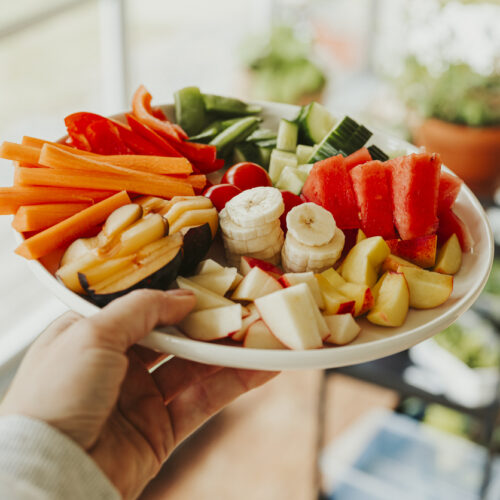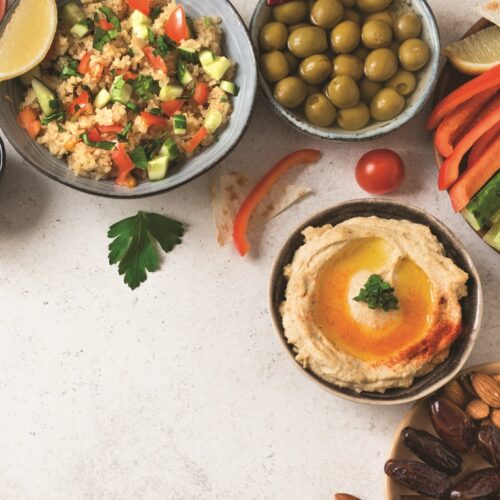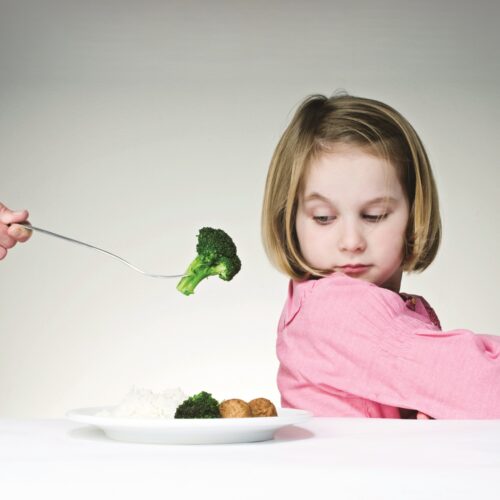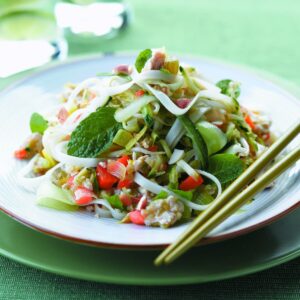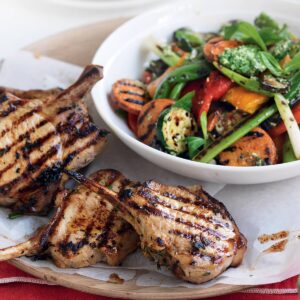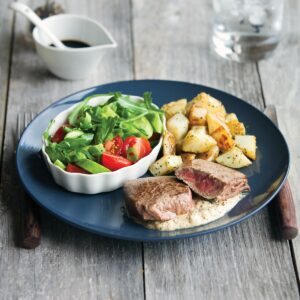
Under the expert eye of a specialist dietitian, our rugby stars tackle nutrition in a balanced way — carbs, occasional treats and all.
It’s hard to believe, but the Rugby World Cup has come around again. Like most Kiwis, I think I’m still recovering from the stress of the 2011 final! But here we are, and as usual the nation is engulfed in a wave of national pride and rugby fever.
We idolise our All Blacks. They’re heroes and role models to generations young and old. We expect a lot from them (look at the national grief when they lose a game) and we sometimes want to emulate them.
So when it comes to food, what does that mean? Is eating and drinking like an All Black all about sports drinks and beer?
Nutrition is crucially important for the All Blacks, just as it is for any elite athletes. The right nutrition and hydration can mean the difference between winning and running out of steam in the final important minutes of a game.
The All Blacks work with specialist sports dietitian Kat Darry. Her role is to advise on everything the players eat and drink, including what they have before, during and after training sessions and games.
Watching the ‘behind the scenes’ video of the team’s training day, a couple of things struck me. First, the ABs take nutrition really seriously. The players have individual nutrition plans, in recognition of the fact that food is a vital part of their performance. The second is that while there’s no doubt a great deal of science behind their nutrition, they eat in a very balanced way. There’s a big focus on real food rather than nutrients; supplements are a small part of the picture.
There’s nothing too tricky about the food — meals are simple, full of veges and recognisable as what any of us might eat. They don’t follow any particular rigid diet; they eat carbs and dessert, within reason.
A 90:10 rule applies with the focus on eating well 90 per cent of the time and the occasional treat. It was interesting to see scones with jam going down well after one training session.
While bearing in mind that a 100kg-plus professional rugby player is going to have to eat a much larger volume of food than a typical sports fan, this sounds like a pretty sensible approach we can learn from and emulate, no matter whether we’re elite athletes or couch potatoes.
What’s in the Rugby Pantry?
You might expect the All Blacks’ at-home meals to be strictly governed by nutrition; to be on rigid or restrictive diets. But that’s not the case, according to Daisy Dagg and Amber Vito, the wives of two of our leading players. They’ve just released a cookbook, The Rugby Pantry, full of simple, tasty recipes they and their husbands enjoy at home.
Amber Vito says she and husband, All Black Victor Vito, prefer to follow an “everything in moderation” approach. “The boys eat pretty well”, she says. “We don’t cut out carbs or fat. They eat like normal guys most of the time”.
While working out for up to six hours a day means Victor can afford to enjoy some of his favourite chocolate treats, Amber says they still keep an eye on nutrition. “It’s not a free-for-all. Eighty per cent of the time they eat really healthy food — lots of vegetables and healthy carbs. I like to use lots of healthy, fresh ingredients.”
Amber says a favourite meal in her household is crispy-skin salmon with kumara mash, a recipe which features in the book. “We eat a lot of fish and seafood, and Victor’s a big chicken lover so we have roast chicken often, too”.
During the Rugby World Cup the All Blacks’ meals will be planned and organised by their nutritionist. Amber says, “For us, it’s all about the home-cooked meals and a few treats when they get back”.
*The Rugby Pantry, $44.99, published by Upstart Press
Rugby-watching food
This time around it’s a bit different for Kiwi fans, because the games are all in the early morning on the other side of the world. That means we’ll be getting up early (or staying up late) to watch. We probably won’t be having a beer or a wine over the game; we’re more likely to be eating breakfast. Whether we play sport or not, breakfast is important; it gets a healthy day off to a good start. Some healthy rugby-watching breakfast ideas for spectators are:
- Poached eggs on grainy toast with spinach and tomato
- Omelette with leftover roast veges and cheese
- Wholegrain oat bircher muesli with fruit and yoghurt
- Porridge with fruit, milk and honey
- Leftover scramble with eggs, cooked meat and vegetables
www.healthyfood.com



